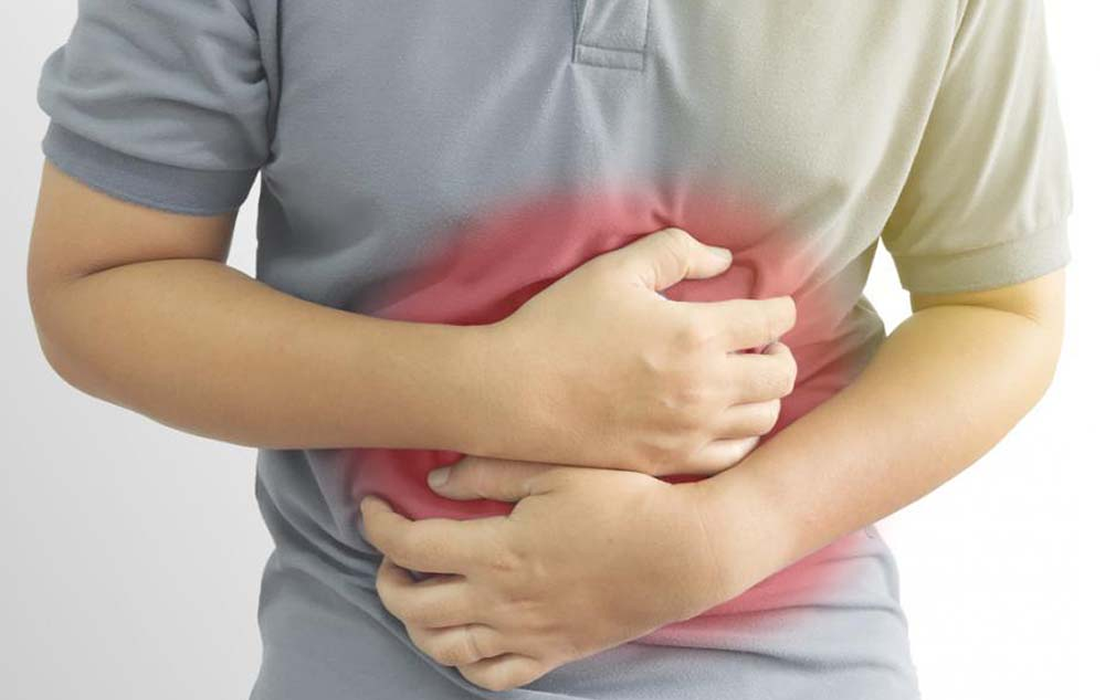COVID-19
Irritable Bowel Syndrome Linked with COVID-19
Irritable bowel syndrome (IBS) is a functional gastrointestinal (GI) disorder characterized by abdominal pain and altered bowel habit in the absence of a specific and unique organic pathology, although microscopic inflammation has been documented in some patients.
Population-based studies estimate the prevalence of irritable bowel syndrome at 10-20% and the incidence of irritable bowel syndrome at 1-2% per year.
Signs and symptoms
Manifestations of IBS are as follows:
- Altered bowel habit (constipation, diarrhea)
- Abdominal pain (lower abdomen, acute, decrease after evacuate, meals may precipitate)
- Abdominal bloating/distention
- Dyspepsia
What is the relation between COVID-19 and IBD?
COVID-19 can cause disorders of gut-brain interaction, including postinfectious irritable bowel syndrome (IBS). Gastrointestinal symptoms are common with long COVID, also known as post-acute COVID-19 syndrome
Estimates of the prevalence of gastrointestinal symptoms with COVID-19 have ranged as high as 60%, and the symptoms may be present in patients with long COVID, a syndrome that continues 4 weeks or longer. The most common symptoms described include diarrhea, nausea, vomiting, and abdominal pain, with up to a fifth of the patients reporting these as the only/predominant symptoms.
Chan, an assistant professor at Harvard Medical School in Cambridge, Massachusetts, and Grover, an associate professor of medicine and physiology at Mayo Clinic in Rochester, Minnesota, conducted a review of the literature on COVID-19’s long-term gastrointestinal effects.
In one survey of 749 COVID-19 survivors, 29% reported at least one new chronic gastrointestinal symptom. The most common were heartburn, constipation, diarrhea, and abdominal pain. Of those with abdominal pain, 39% had symptoms that met Rome IV criteria for irritable bowel syndrome.
People who have gastrointestinal symptoms after their initial SARS-CoV-2 infection are more likely to have them with long COVID. Psychiatric diagnoses, hospitalization, and the loss of smell and taste are predictors of gastrointestinal symptoms.
But how COVID-19 cause these symptoms?
COVID-19 likely causes gastrointestinal symptoms through multiple mechanisms. It may suppress angiotensin-converting enzyme 2, which protects intestinal cells. It can alter the microbiome. It can cause or worsen weight gain and diabetes. It may disrupt the immune system and trigger an autoimmune reaction. It can cause depression and anxiety, and it can alter dietary habits.
According to the findings in the study, there is a relation that post acute COVID- syndrome may trigger Irritable Bowel Disease and persist in the long COVD-19 syndrome.
There is no specific treatment for Gastrointestinal long COVID-19 symptoms, clinicians may use symptomatology treatment for specific manifestation that the patients have. Beyond adequate sleep and exercise, these may include high-fiber, low FODMAP (fermentable oligosaccharides, disaccharides, monosaccharides, and polyols), gluten-free, low-carbohydrate, or elimination diets.
SOURCE:
Walter W. Chan and Madhusudan Grover (August 6, 2022). The COVID-19 Pandemic and Post-Infection Irritable Bowel Syndrome: What Lies Ahead for Gastroenterologists. Clinical gastroenterology and Hepatology. Retrieved from : https://www.cghjournal.org/article/S1542-3565(22)00601-2/fulltext
Jenifer K Lehrer, MD; Chief Editor: BS Anand, MD (February 5, 2022). Irritable Bowel Syndrome . Medscape : https://emedicine.medscape.com/article/180389-overview
IMAGE:
https://virinchihospitals.com/wp-content/uploads/2019/02/stomachpain.jpg

